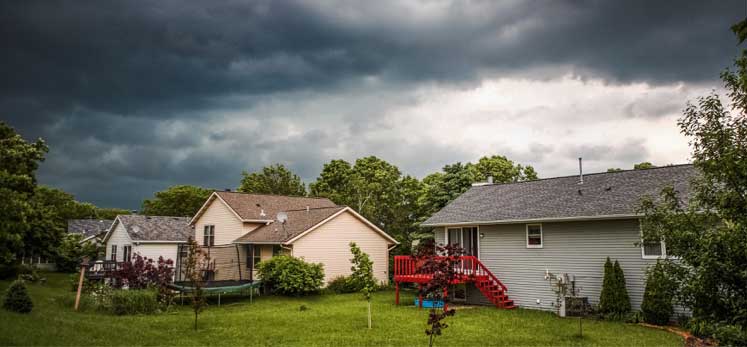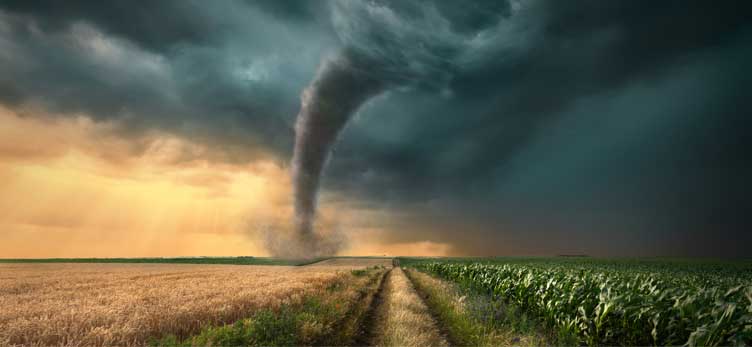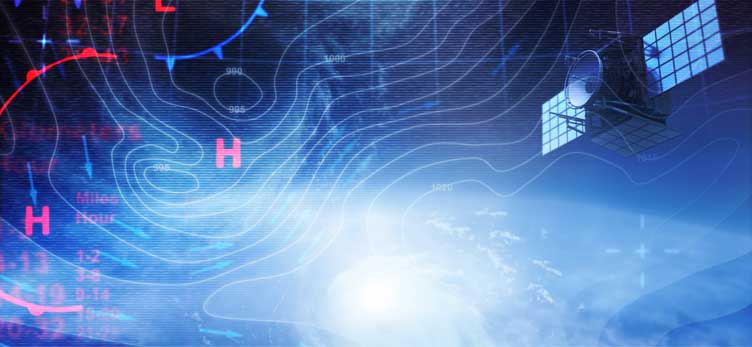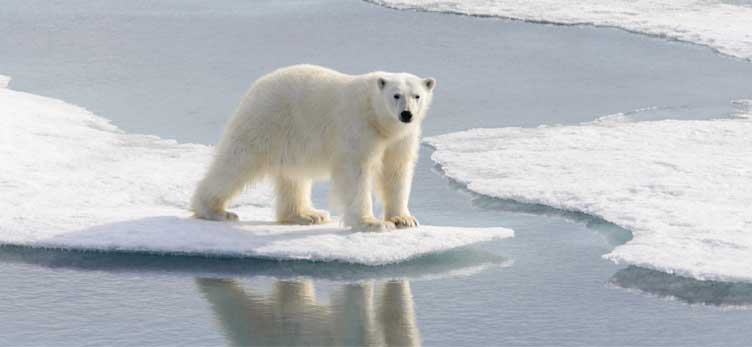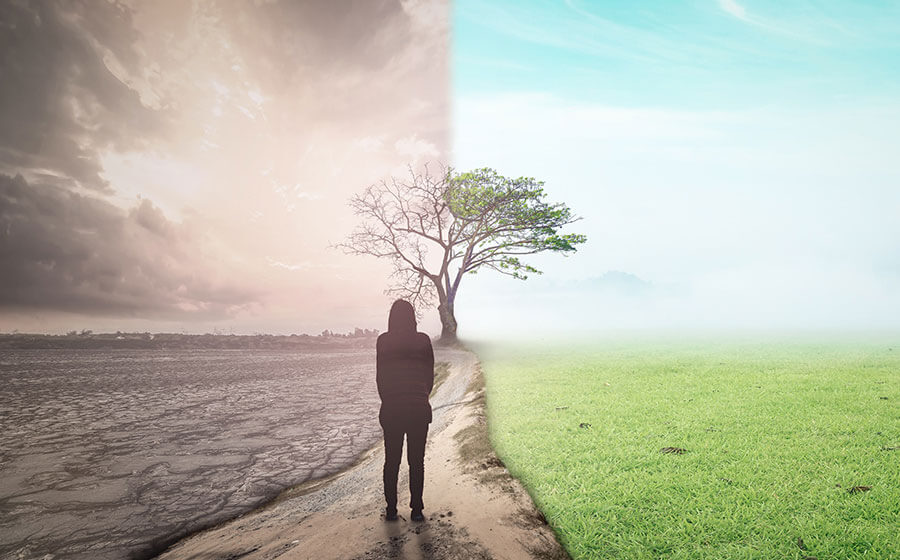- Home
- News
-
Weather Articles
-
Horoscope
- Sweepstakes
- Deal of The Day
Seven things you love that are being wrecked by climate change

1: Holiday destinations
Weather is an important factor in deciding a holiday destination. Unfortunately, climate change might make popular destinations less inviting- some might even disappear entirely. Extreme weather changes pose significant risks to travelers. The risks here include travel disruptions like delays in flights due to storms and severe danger of getting caught in snowstorms, cyclones or floods.2: Wildlife
There are numerous examples of animals becoming victims of climate change-induced weather events. Bats dropping dead during heatwaves is one such example. Another instance of this was witnessed during the Australian bushfires, which led to the ‘mass cremation’ of the koalas in its path.
3: History and heritage
In North America alone, climate change threatens more than 13,000 archaeological sites, if sea levels rise by 1m. This implies that if sea levels rise by 5m, the sites at risk are more than 30,000. Climate change could also threaten shipwrecks, ruins and other underwater heritage sites. For instance, in the Baltic sea, the warming waters and rising salinity increase ship-worm populations that consume wooden shipwrecks.
4: Sports & exercise
Climate change could also cause a greater risk of heat stress while exercising or playing any sport. As temperatures warm, being outside will not only be less pleasant but will also be more harmful. This also implies greater difficulty in undertaking incidental exercise, like walking to the bus stop.
5: Coffee
As the climate changes, your coffee might become rare and probably more expensive too. A 2016 report by the Climate Institute suggests that by 2050, the production of coffee could drop by 50%.
6: Health
Climate change can pose a greater risk of health-related issues through heatwaves, air pollution, and other factors.
7: Wine
Climate change is even coming for your wine! Soil degradation, higher temperatures, and less water leads to negative effects on grapes and hence, wine-making. One small advantage is that the disruption of traditional wine-growing regions creates opportunities to develop new wine-growing areas. But, this does not mean that these areas will be able to maintain stable grape growing conditions.
